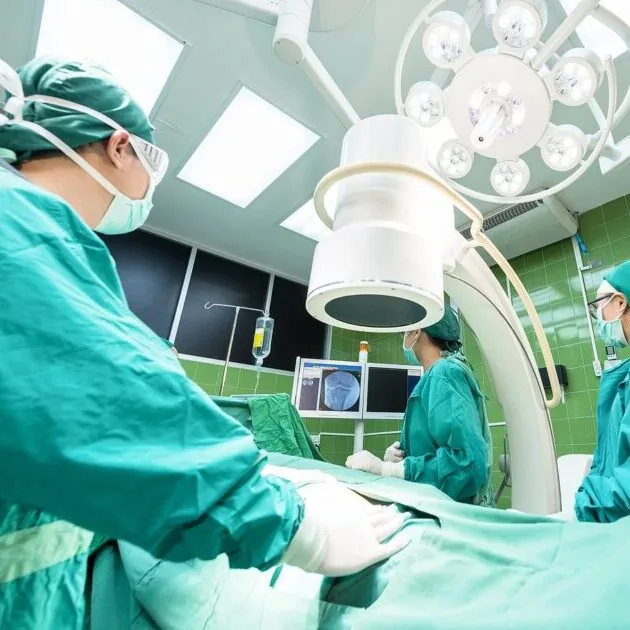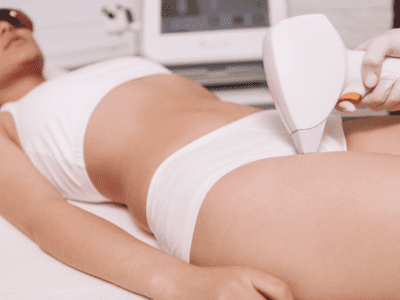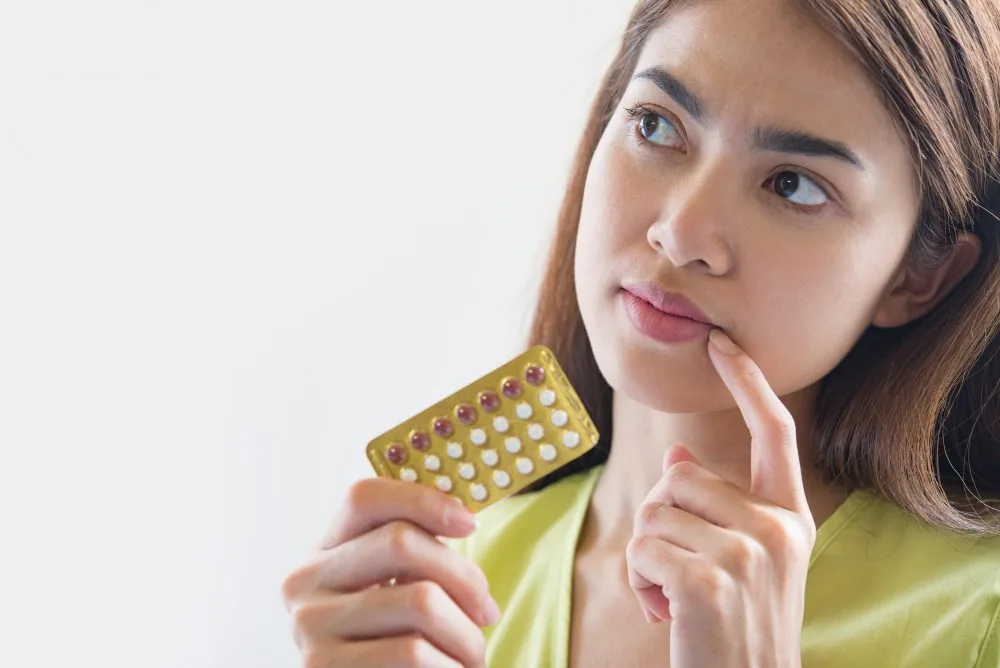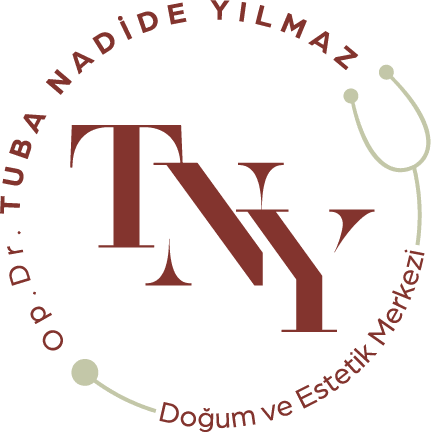
Intrauterine Device (Spiral)
Hello dear readers! There are many methods that women can choose from when it comes to health and family planning. One of these methods is the "Intrauterine Device (Spiral) Technology (contraceptive method)", which is especially ideal for women seeking long-term contraception. In this article, we will take a detailed look at IUD technology, how it works, its advantages, side effects and much more. Let's get started!
What is Intrauterine Device (Spiral) Technology?
An intrauterine device is often called a "spiral". This is a small medical device that is inserted into the uterus and provides long-term protection. But how does this technology work?
How does it work?
When placed inside the uterus, an intrauterine device makes it difficult or difficult for sperm cells inside the uterus to meet the egg. There are two main types: hormonal and hormone-free spirals. Here are the details of how they both work:
Hormonal Spiral:
When the hormonal spiral is inserted into the uterus, it releases a low dose of a hormone into the body. This hormone makes the uterus unsuitable for sperm.
In addition, the hormonal spiral thickens the mucus in the cervix, preventing sperm from reaching the uterus.
Hormone Free Spiral
The hormone-free spiral contains a substance that inhibits the growth of bacteria when inserted into the uterus. This creates a harsh environment for sperm.
The spiral adheres to the lining of the uterus and restricts the movement of sperm cells entering the uterus.
Using these mechanisms, the intrauterine device effectively prevents pregnancy. However, this technology has some advantages and side effects that you need to take into account. Let's explore these issues in more detail.
Advantages of Intrauterine Device (Spiral) Technology
The intrauterine device has a number of advantages that make it an attractive option for many women:
1. Long Term Protection:
Intrauterine devices provide effective protection for a long time after insertion. Hormonal spirals are usually effective for 3 to 5 years, while non-hormonal spirals are effective for 5 to 10 years. This reduces the need for users to constantly think about birth control methods.
2. High Efficiency:
Intrauterine devices, when inserted correctly, provide highly effective protection. The chances of becoming pregnant are extremely low, which is a great reassurance for users.
3. Hormonal and Non-Hormonal Options:
Women's bodies can have different responses. Intrauterine devices come in hormonal and hormone-free options, which better suit the needs and preferences of users.
4. Fast Reversal:
Removing intrauterine devices is as easy as inserting them. When a woman decides to get pregnant or wants to remove her spiral for any other reason, the procedure is quick and simple.
5. Regulates menstruation:
Some women who use hormonal spirals report that their periods are regulated and lighter. This can reduce pain and menstrual discomfort.
Side Effects of Intrauterine Device (Spiral) Technology
Like any contraceptive method, intrauterine devices can have side effects. However, these side effects do not occur in the same way in every woman. Here are some potential side effects you should consider:
1. Menstrual Period Changes:
Hormonal spiral kullanan bazı kadınlar, adet dönemlerinde düzensizlikler veya hafif kanamalar yaşayabilirler. Bununla birlikte, bu etki kişiden kişiye değişebilir.
2. Cramps and Pain:
Some women may feel mild cramping or pain after the insertion of the IUD. This usually goes away within a few days after insertion.
3. Risk of Infection:
When an intrauterine device is inserted, there is a risk of infection. However, this risk is very low and minimal when inserted professionally.
4. Spiral Shift:
In rare cases, the spiral may slip inside the uterus. In this case, the spiral must be replaced or removed.
5. Risk of Pregnancy:
Like any contraceptive method, intrauterine devices do not provide absolute protection. In rare cases, there is a risk of becoming pregnant. Women who experience pregnancy symptoms should contact a health professional immediately.
Who Can Use Intrauterine Device?
Intrauterine devices are generally suitable for healthy women. However, it is important to talk to a health professional before using an IUD. Ideally, a person who will use an intrauterine device:
- She does not want to have more children or is not planning to have children,
- There is no risk of sexually transmitted infections,
- If he/she has regular gynecological check-ups,
- If he knows he has no other health problems.
The intrauterine device can meet the needs of many women as a method of contraception. However, it is important to contact a health professional before using it.
Frequently Asked Questions about Intrauterine Device (Spiral) Technology
Let's take a look at a few common questions about intrauterine devices:
1. Is it painful to insert an intrauterine device?
Inserting an intrauterine device may cause some discomfort, but it is usually bearable. Many women can get through the procedure easily. Local anesthesia or painkillers may also be used during the insertion.
2. Does using an intrauterine device prevent pregnancy?
Yes, intrauterine devices are an effective way to prevent pregnancy. However, as with any form of contraception, it is not 100% guaranteed and there is rarely a risk of pregnancy.
3. Can I be protected from sexually transmitted infections while using an IUD?
No, intrauterine devices do not protect against sexually transmitted infections. Condoms or other protective methods should be used to protect against sexually transmitted infections.
4. Do menstrual irregularities occur while using an intrauterine device?
When using hormonal intrauterine devices, menstrual irregularities or light bleeding may occur. This effect may vary from person to person. Non-hormonal intrauterine devices usually do not affect menstruation.
5. How long can the intrauterine device be used?
Hormonal IUDs can usually be used for 3 to 5 years and non-hormonal IUDs for 5 to 10 years. However, the length of use may vary by type and brand, so it is important to discuss with a health professional.
Conclusion: Intrauterine Device (IUD) Technology is a Safe and Effective Option
Intrauterine device (IUD) technology offers a long-term and effective birth control option for women. This technology comes in hormonal and non-hormonal options and offers many advantages. However, it is important to talk to a health professional before using it. Side effects are rarely serious and are tolerable for most women.
In conclusion, when used correctly, IUDs provide reliable protection and can improve the quality of life for many women. However, it is always important to communicate with a health professional to make the right choice and make an informed decision before use. Intrauterine device (IUD) technology helps women to have more choices when it comes to health and family planning, which in turn helps women to take control of their own lives.

Dr. Tuba Nadide Yilmaz
Obstetrician Dr. Tuba Nadide Yilmaz is a leading expert in her field, specializing in genital aesthetics and health services with extensive knowledge and experience. She offers comprehensive guidance for maintaining a healthy lifestyle along with customized solutions that cater to individual patient needs using modern treatment methods. We endeavor to restore your self-confidence. Please feel free to contact us for any questions or appointment requests. Our top priority is your health.









